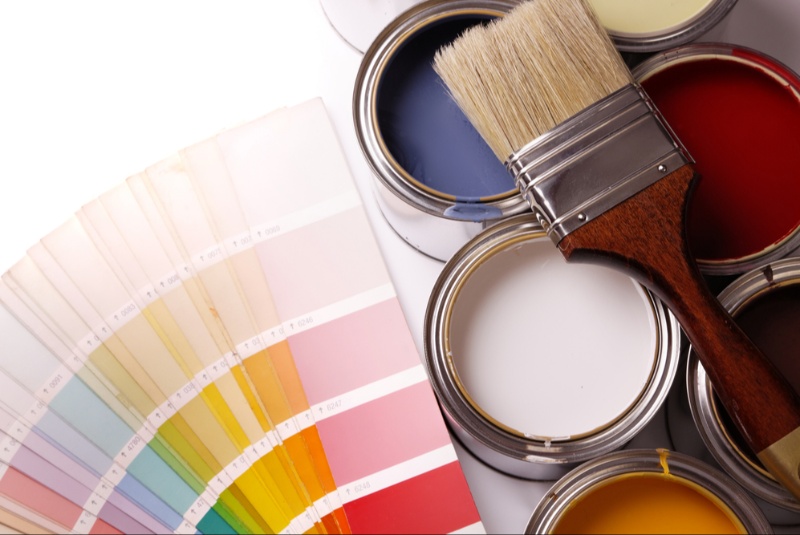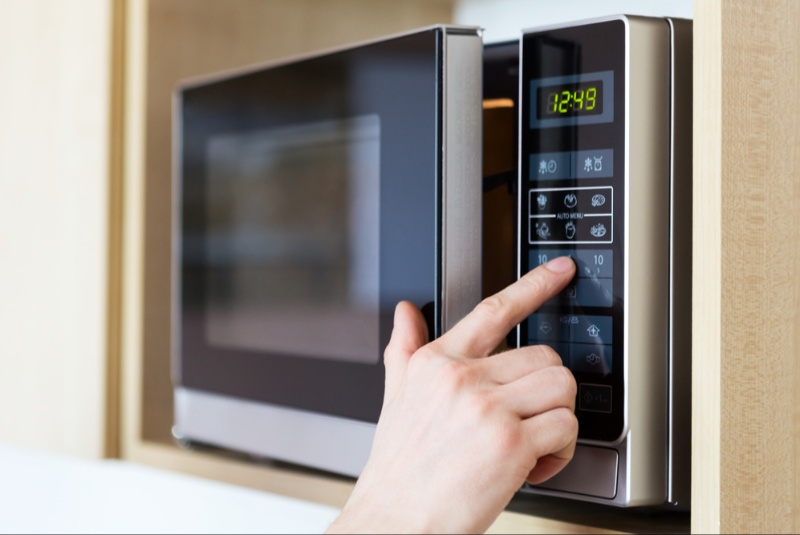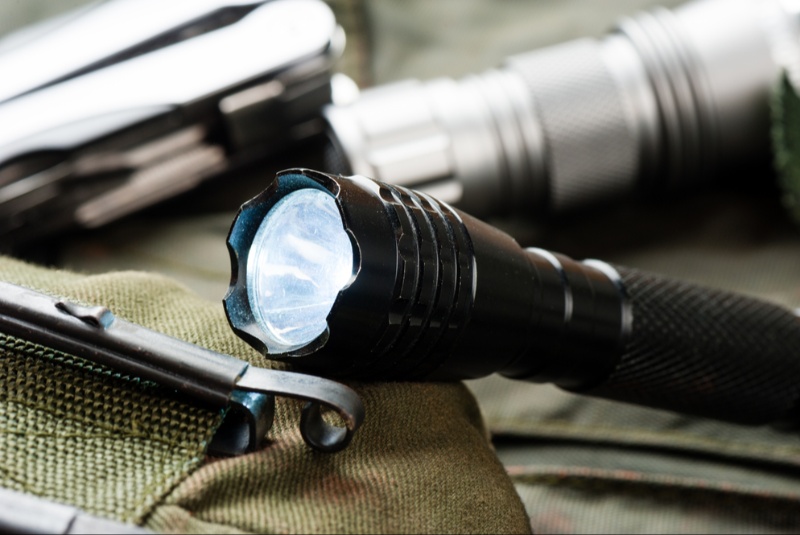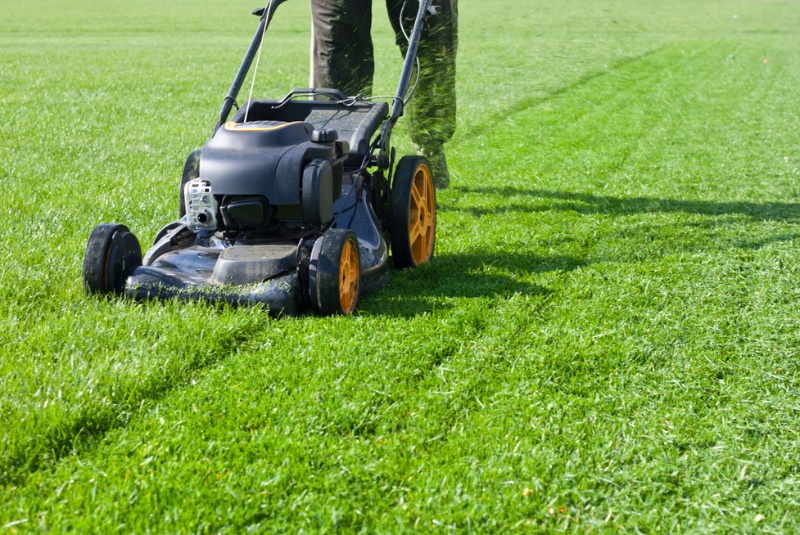Bird enthusiasts know that there's more to bird-watching than just a pair of binoculars. A well-placed bird feeder can turn your backyard or balcony into a lively stage of avian performances. Yet, with countless options available in the market, how do you choose the one that's best suited for your feathered friends and your personal preferences? This guide aims to navigate you through the process of making an informed purchase on a bird feeder.
1. Understanding the Basics
- Type of Birds You Want to Attract: Different bird species have different feeding habits. The kind of bird feeder you choose will determine which birds you'll likely attract. For example, a platform feeder is ideal for birds like cardinals, while a tube feeder is suited for smaller birds like finches.
- Location of the Feeder: Before buying, consider where you'd want to place it. A feeder placed close to windows can be a visual treat but may also lead to bird collisions. Conversely, placing a feeder too far away might not serve its purpose if it's out of your view.
2. Types of Bird Feeders
- Platform Feeders: These are flat, open feeders, often square or rectangular, which offer no protection from rain or snow. They are easy for many birds to use but can become a mess if not cleaned regularly.
- Tube Feeders: These are cylindrical feeders with multiple feeding ports. They are ideal for holding seed mixes and are primarily used by small perching birds like finches and chickadees.
- Hopper Feeders: Resembling a house, these have a platform and walls with one or more openings for birds to access seeds. They can hold a significant amount of food, beneficial for attracting a variety of birds.
- Suet Feeders: Designed to hold blocks of suet, they're favorites among woodpeckers, nuthatches, and starlings.
- Nectar Feeders: Specifically designed for hummingbirds and orioles, these hold sugary nectar solution.
3. Material and Durability
The lifespan of a bird feeder greatly depends on the materials it's made from. While wooden feeders offer a natural look, they might require regular maintenance to prevent decay. Metal feeders, on the other hand, are more durable and squirrel-resistant. Plastic feeders are lightweight and affordable but may become brittle over time. Choose a feeder that can withstand weather changes and is resistant to UV rays.
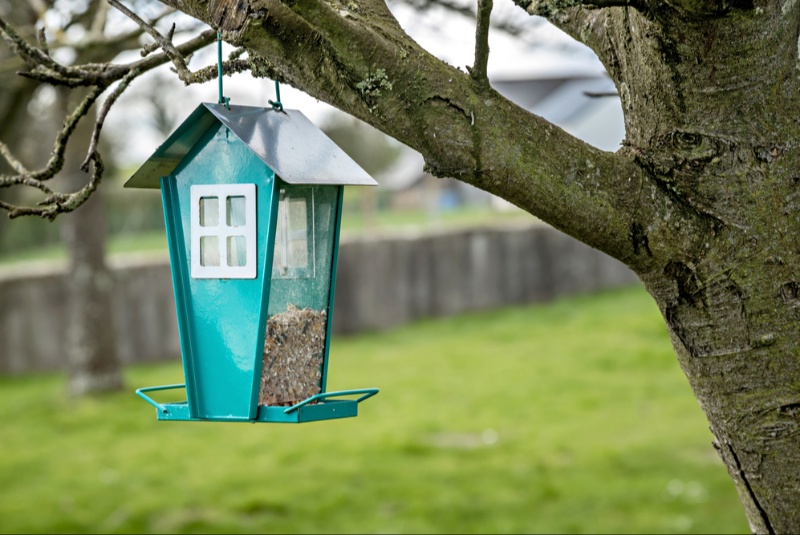
4. Maintenance and Cleanliness
Birds are susceptible to diseases, and an unclean feeder can become a hotspot for infections. Opt for feeders that are easy to clean and maintain. Regularly discard old seeds, scrub the feeder with a mild detergent solution, and ensure it's dry before refilling.
5. Predator and Pest Prevention
Squirrels, raccoons, and other critters might find bird feeders a convenient snack stop. Some feeders come with built-in mechanisms like weight-sensitive perches that close off the feeding ports when a heavy animal, like a squirrel, tries to access the seeds. Baffles can also be added to prevent squirrels from raiding the feed.
6. Budget Considerations
Like any product, bird feeders come in a range of prices. While it might be tempting to buy a cheaper feeder, remember that in some cases, you might be compromising on durability and design. Think of it as an investment for your bird-watching endeavors and balance quality with budget.
7. Additional Features
Modern bird feeders may come with features like ant moats to prevent ants from reaching the nectar, rain guards to keep seeds dry, and even in-built cameras to get a closer look at your avian visitors. While these features might bump up the price, they can significantly enhance your bird-watching experience.
Choosing the right bird feeder requires a blend of knowledge about local bird species, understanding your budget constraints, and considering the feeder's features and longevity. By paying attention to the points discussed above, you can transform your outdoor space into an avian haven and enjoy the symphony of chirps and melodies every day. Whether you're a seasoned ornithologist or a casual bird lover, investing in the right bird feeder can bring endless joy and countless winged visitors to your doorstep.

